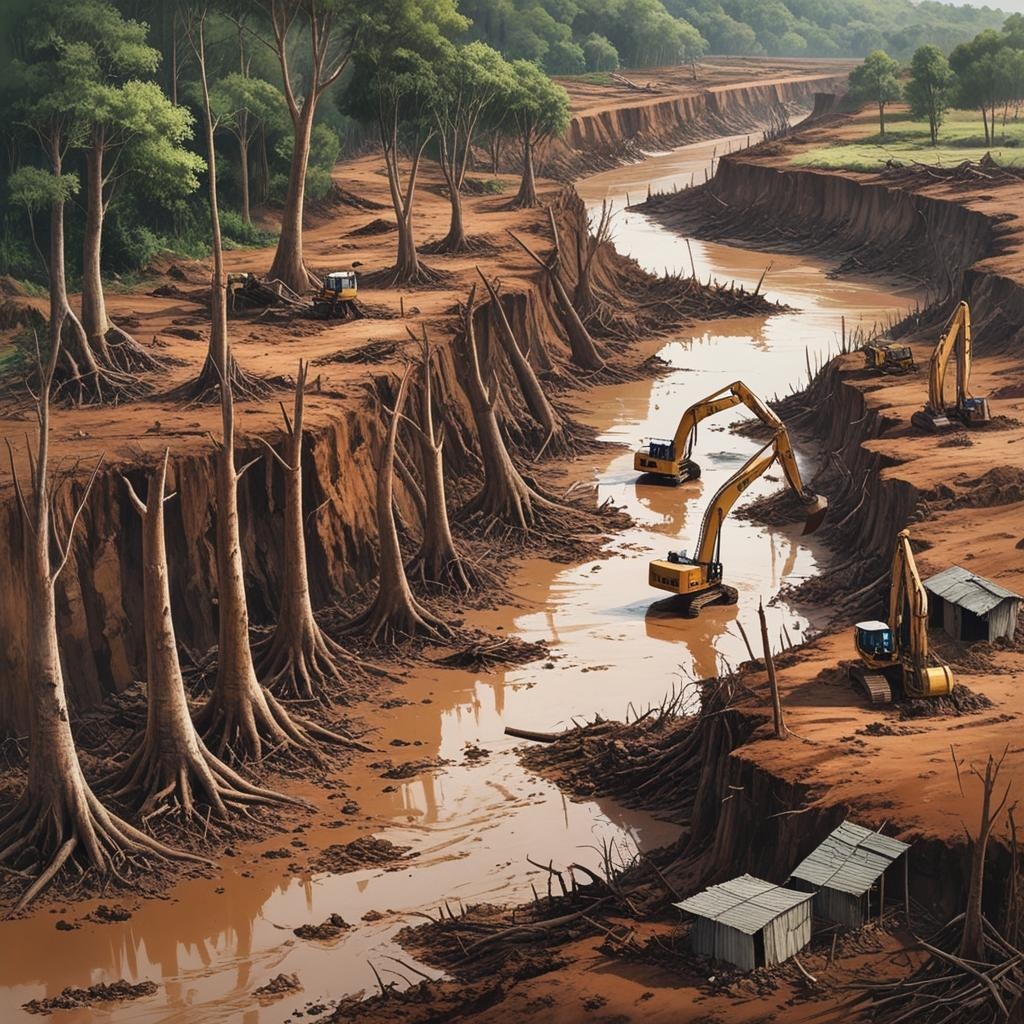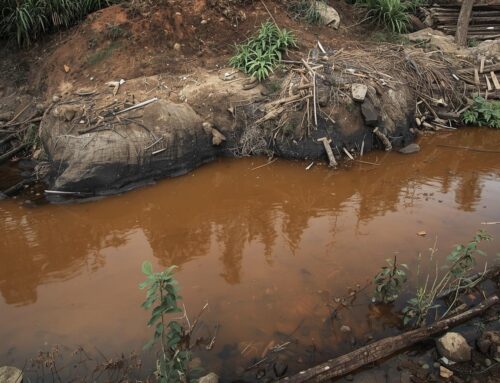Ghana has taken a bold step in the fight against illegal mining, known locally as galamsey. The Ministry of Environment, Science and Technology (MEST) has begun the process of revoking the laws that previously allowed companies to mine in forest reserves.
Caretaker Minister Emmanuel Armah-Kofi Buah confirmed that a formal request was sent to the Office of the Attorney-General to revoke Legislative Instrument (L.I.) 2462 and its amended version, L.I. 2501. The Attorney-General’s office responded with “no objection,” clearing the way for the revocation to move forward.
Why does this matter? For years, illegal and unregulated mining has wreaked havoc on Ghana’s environment, polluting rivers, destroying farmlands, and stripping away forests. Communities have watched water bodies turn brown and ecosystems collapse under the weight of galamsey activities.
The ministry has assured the public that revoking the law will not create a regulatory vacuum. Instead, Ghana’s Environmental Protection Agency (EPA) will take the lead in enforcing strict environmental standards for any mining activity. This creates a unified framework to better protect our natural resources.
The move also ties into wider government programs, such as the Responsible Cooperative Mining and Skills Development Programme (rCOMSDEP) and the National Anti-Illegal Mining Operations Secretariat (NAIMOS), which focus on responsible mining and restoring damaged lands.
In the words of the ministry: “This is about making our waters blue and our forests green once more.”
For Ghanaians, this decision is more than policy—it’s about safeguarding the nation’s future, restoring ecosystems for generations to come, and showing that economic development doesn’t have to come at the expense of the environment.





Leave A Comment